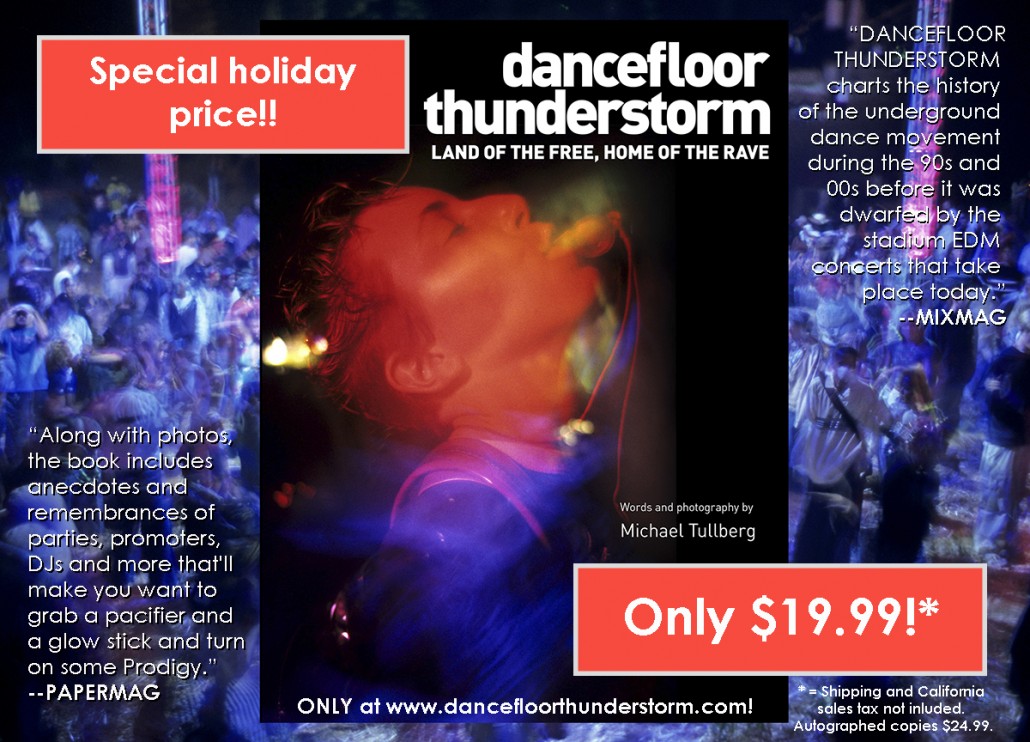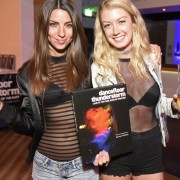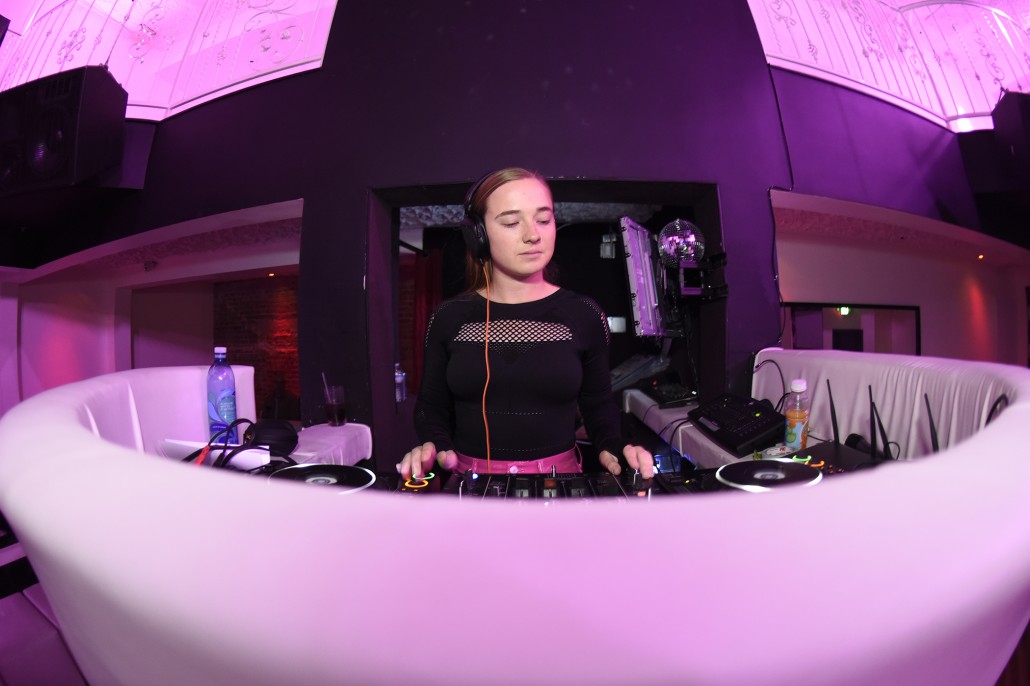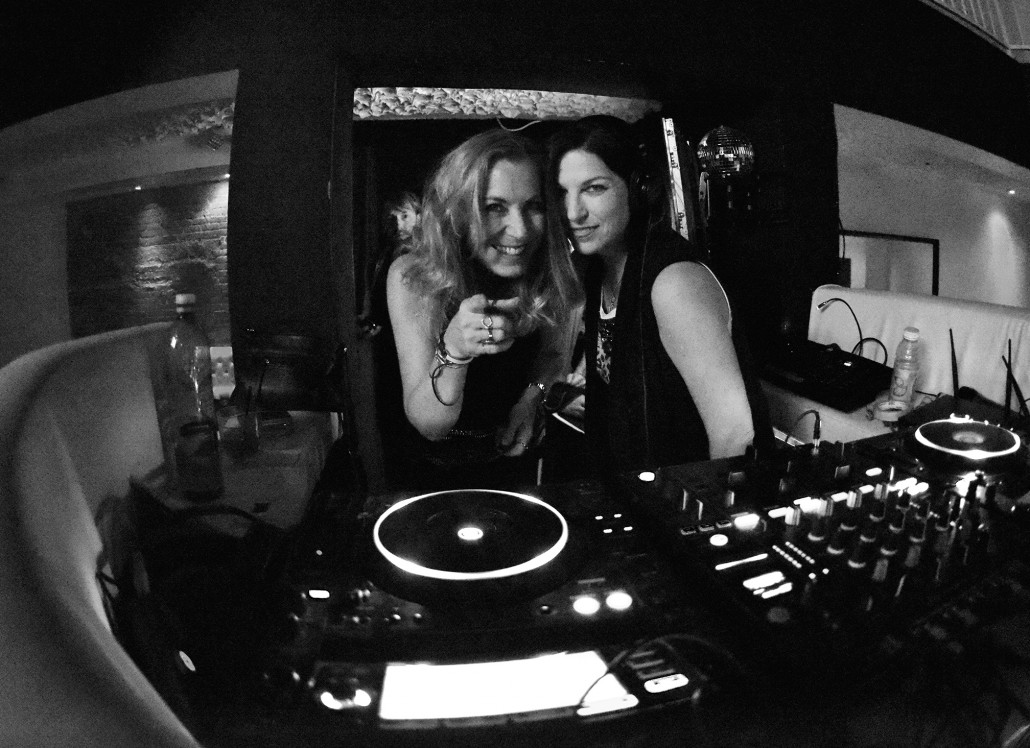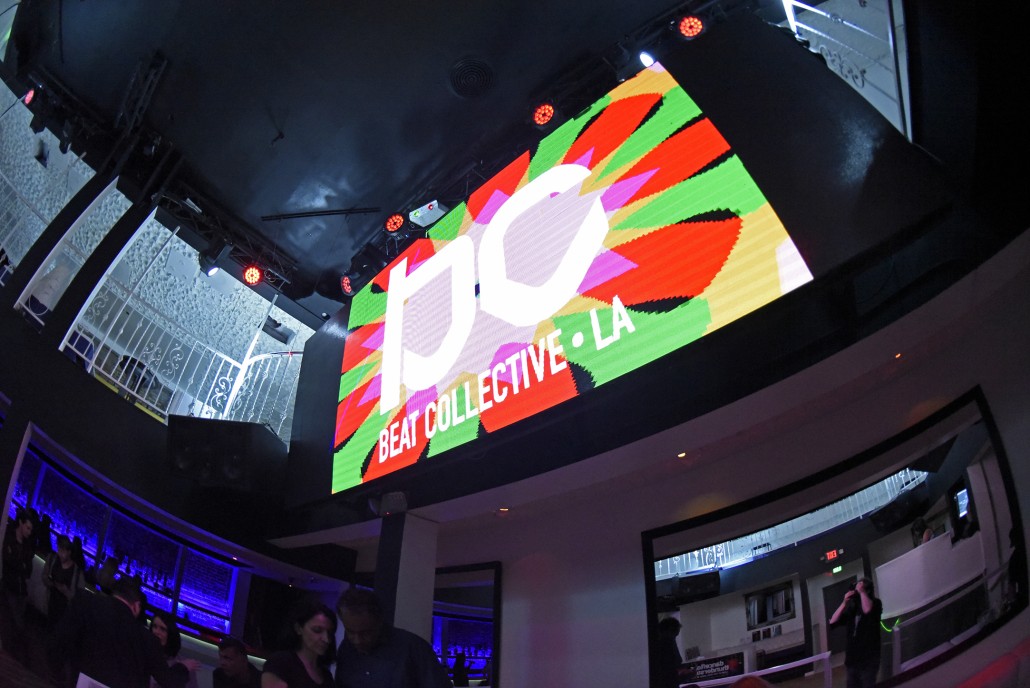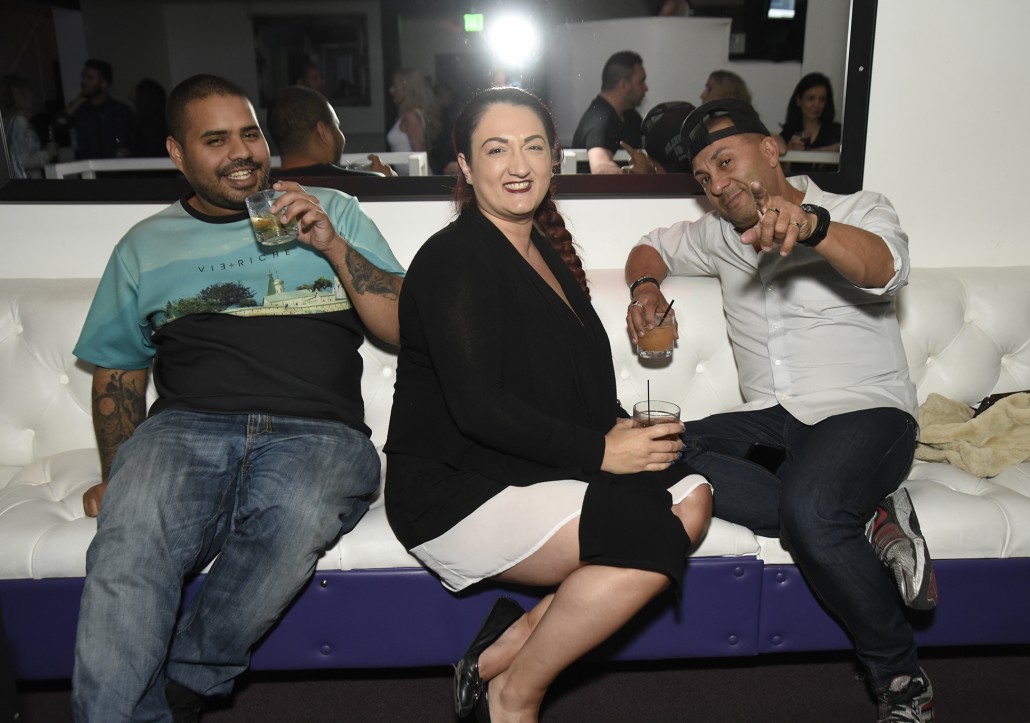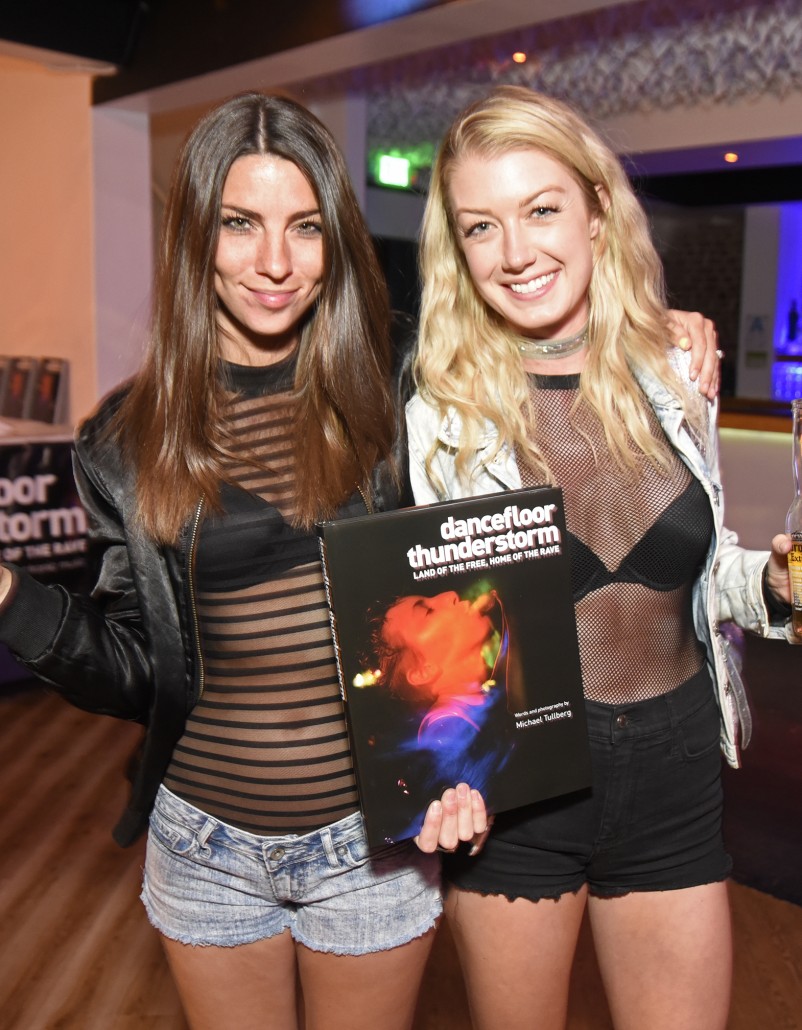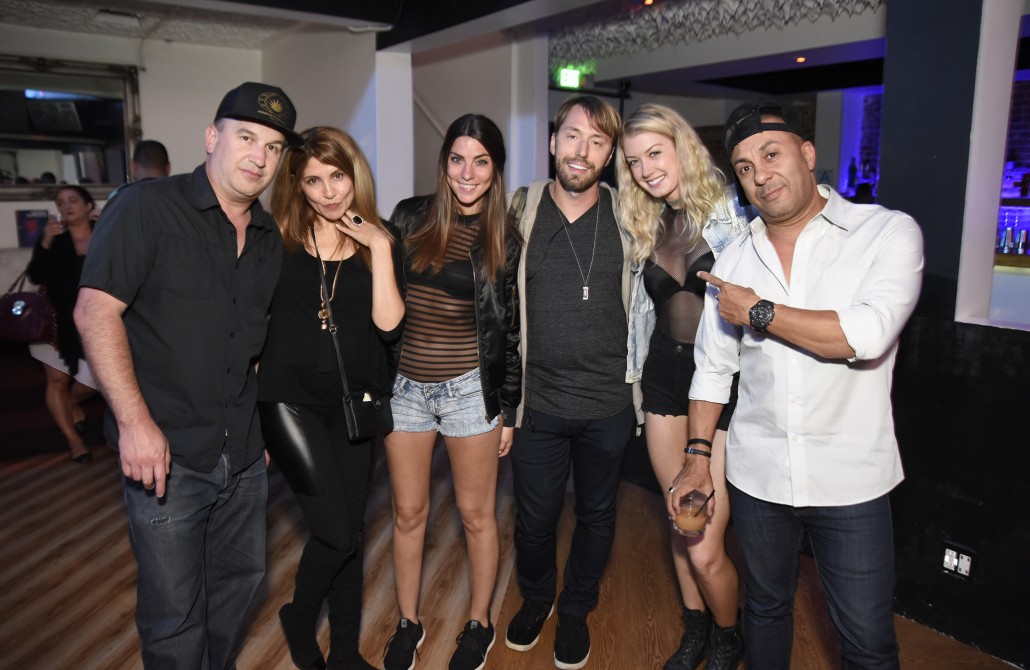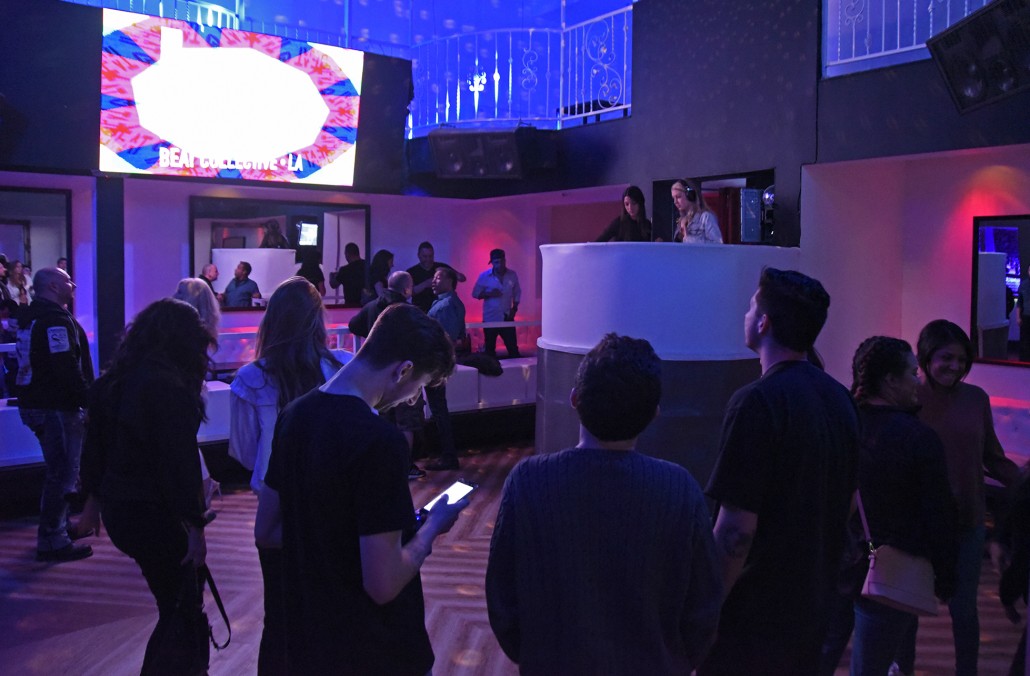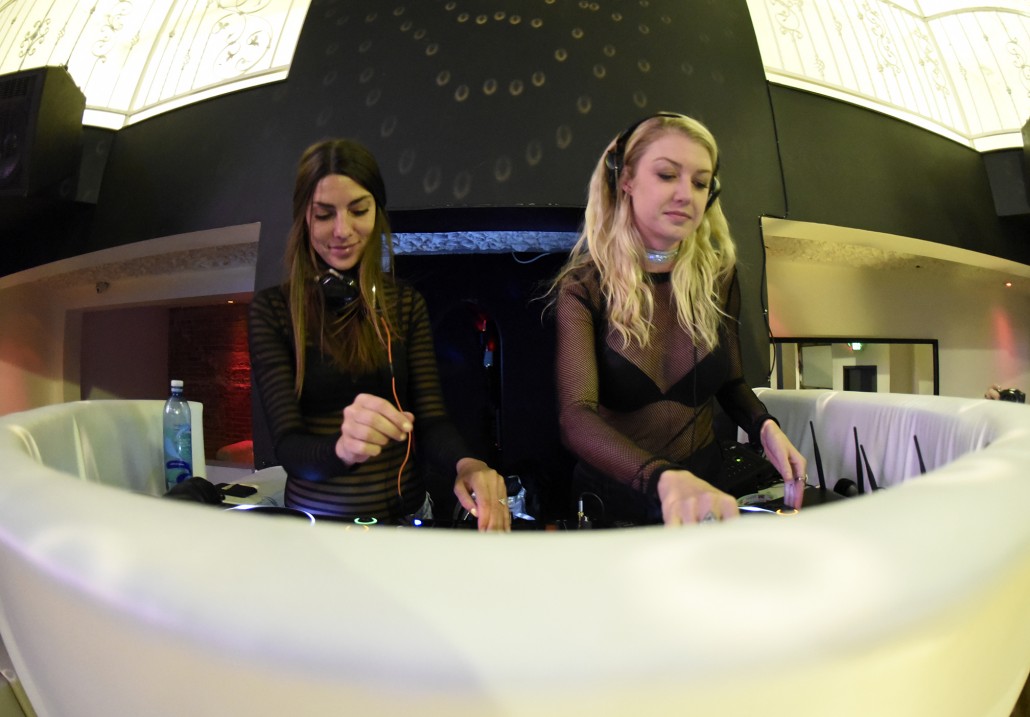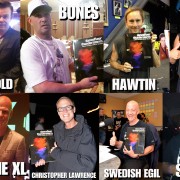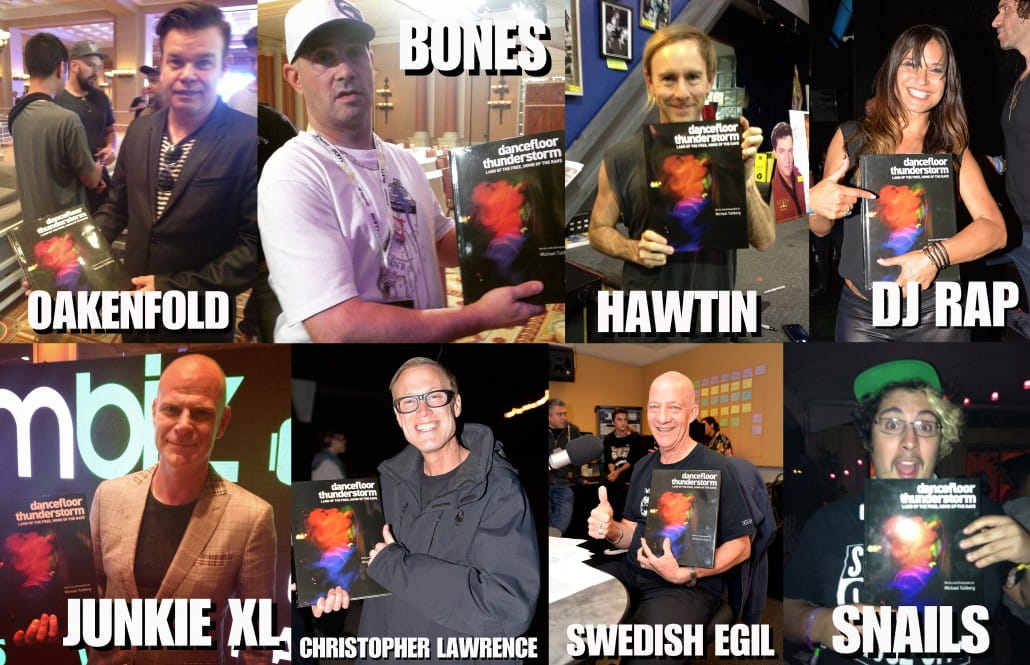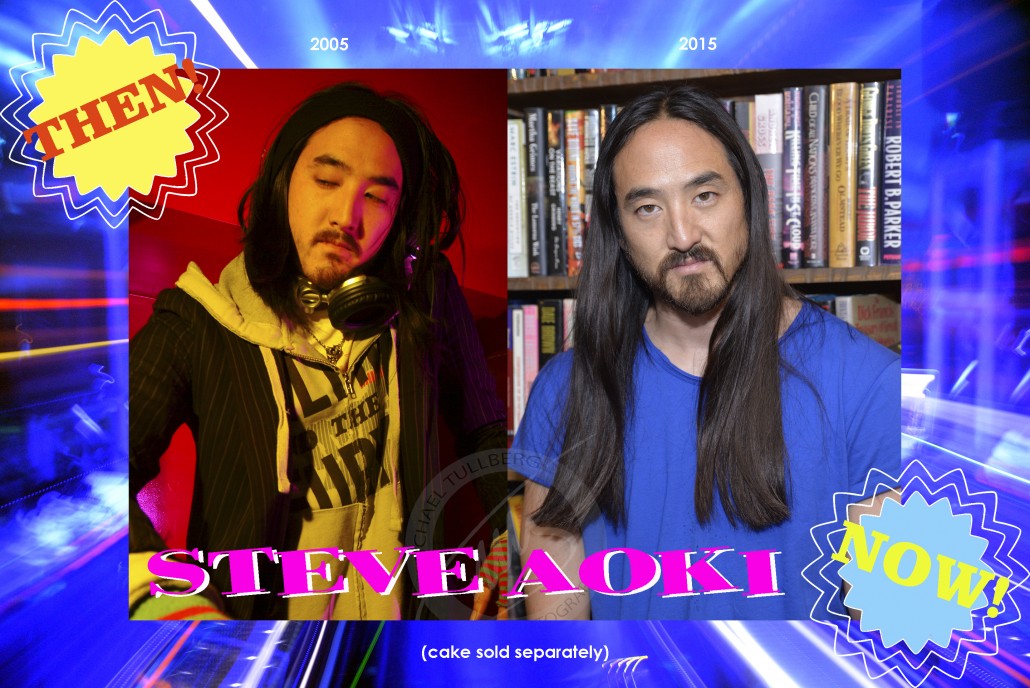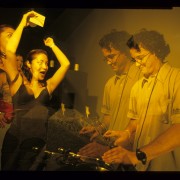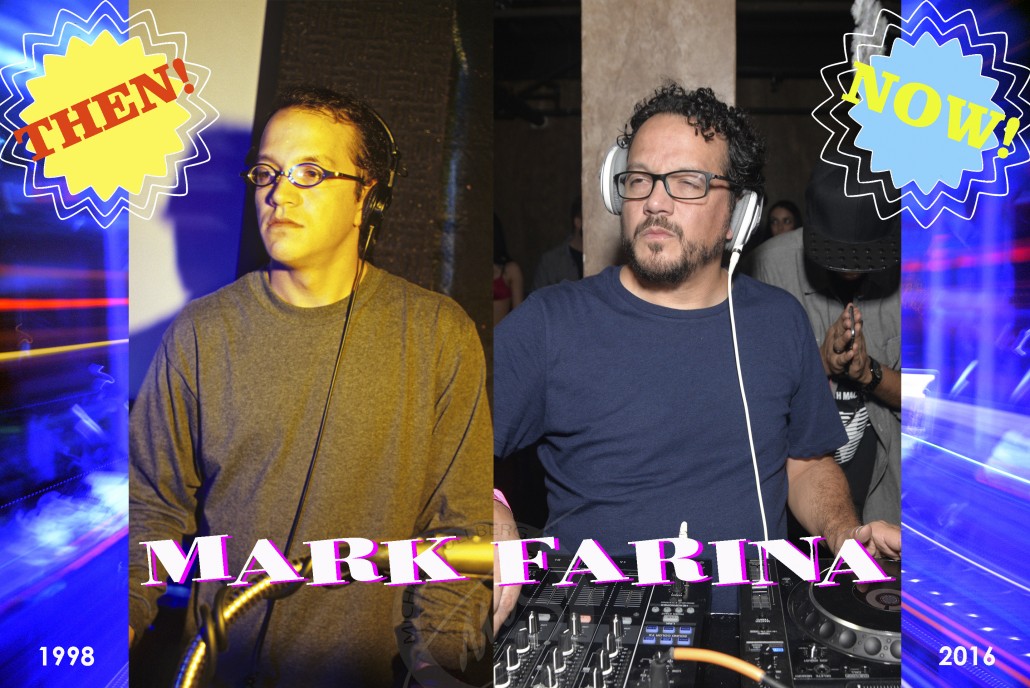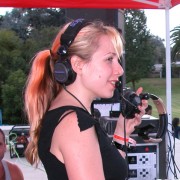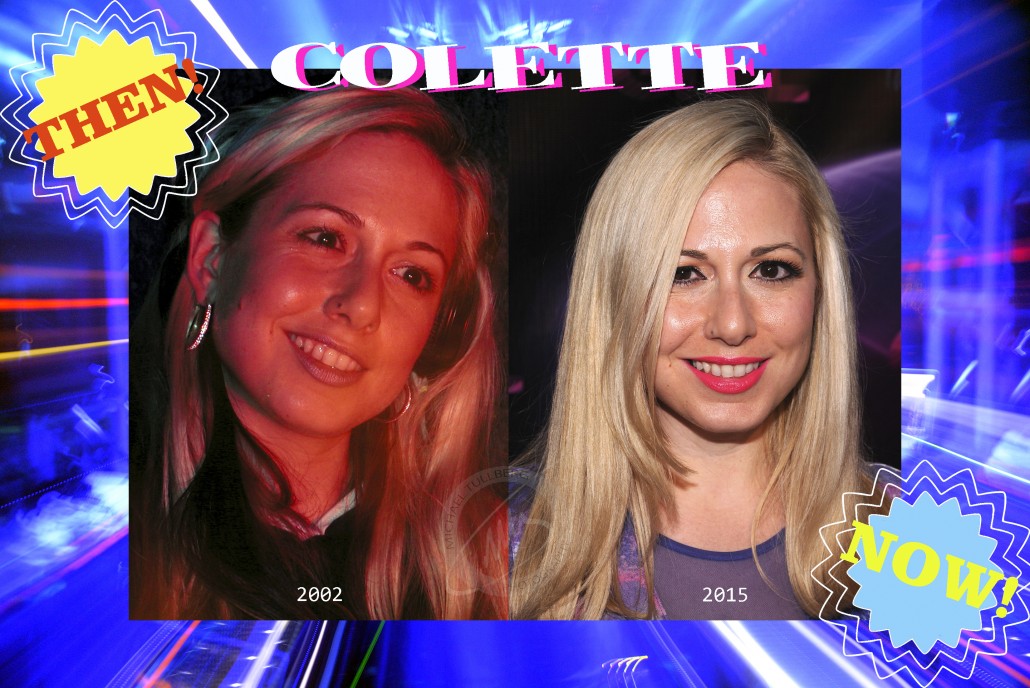Hey all, got something interesting for you guys. We went digging through the archives recently and found this 2013 piece that was supposed to be the basis of the book’s “Rave Scene Today” chapter. When we put the book together, we went with a much smaller entry in the end, and as you’ll see we had a lot of Michael’s initial words end up being cut out. We’ve restored the chapter here for your reading pleasure.
“Although electronic music has grown and prospered, today the American rave scene is quite different from what it was in the Nineties. It would be great to be able to say that the rave scene shot ever upwards, achieving success following unimpeded success until it reached the glorious heights it was always destined to. Well, that’s a great story, but it’s not what happened. Yes, today EDM is flourishing across America, but this didn’t happen overnight, and is in fact a fairly recent development. Prior to this, however, the rave scene began to change in some very fundamental ways, which gradually brought the era of the Second Wave to a close. What followed was a period of several years during which the focus of what would become EDM moved away from raves and more towards larger commercial success in bigger venues, even as it continued to come under attack in the press.
Many of the parties that flourished during that period are now gone, the ones remaining mostly being annual massives that have proved to be commercially successful enough to ensure not only their survival, but growth as well. One of the reasons for this success is that most of these parties aren’t called “raves” any more, but rather “electronic music festivals”, taking place in enormous stadiums and expo grounds—traditionally the home of mainstream concert entertainment. The most successful ones, like EDC and Miami’s Ultra Festival, have not only exploded in both size and production value, but now tour the country annually, bringing the party home to thousands of new fans. Meanwhile, the current cream of artists that headline these festivals like Skrillex, Steve Aoki and Deadmau5 have finally begun to achieve success on the mainstream pop charts.
By contrast, the smaller parties, many of which proved to be non-sustainable over the long haul, receded for several years. Today, they’ve made a steady comeback, but like the massives, they’re not as underground as they were back in the day. Even the Monday Social currently resides within the walls of one of Hollywood’s many upscale “ultra lounges”. The fact that more above-the-line clubs are now readily accepting this music is encouraging, but again, the underground hipness and edge has been eroded away somewhat. Yes, the music has spread and become very successful…but it’s not the same.
There were several catalysts for these changes. The three major ones coincided at the beginning of the new millennium, and their combined influence pretty much left the scene unable to operate as it was, kicking off the changes that would eventually steer the music in the direction that it follows today. To start with, there was a new police and media crackdown, which was probably somewhat inevitable given the continuing success of the scene. The police finally woke up to what was going on around them, and you saw more parties being raided and stopped. This in turn made it more difficult for event organizers to locate good, “safe” locations that hadn’t been discovered or tainted yet.
Looking back, in a way it was amazing that the scene did as well as it did in L.A. for such a long period of time. I mean, it all happened right under the noses of the L.A.P.D., and for the most part they seemed almost oblivious to the whole thing. It only took, oh…about ten years for them to fully catch on! They could have shut the whole scene down in a matter of months if they had just bothered to pay attention to the underground record stores who had the rave fliers sitting right up front on their racks. It wouldn’t have been terribly difficult for the police to put two and two together, and just follow the phone information lines…but they almost never did. I’d like to think it was because they had higher priorities at the time, like dealing with one of the highest murder rates in the nation! But at the same time, I also chalk it up to being largely ignorant of sources of information that were right at their fingertips.
Second, following a media uproar that followed in the wake of increased drug confiscations and a small number of truly regrettable (and perfectly avoidable) deaths at various parties around the country, new legislation entitled the Reducing Americans’ Vulnerability to Ecstasy Act—a.k.a. the RAVE Act—was introduced in 2002. Sponsored by then-Senator Joe Biden, this Act, though no doubt well-meaning in the minds of its authors, was seen as draconian by those in the scene as it went out of its way to target both venue owners and promoters for hosting events that authorities claimed were designed specifically for drug use. In theory, venue owners could also be prosecuted for throwing parties containing “rave paraphernalia” such as water bottles, glow sticks and pacifiers. The Act was initially rejected by the U.S. Senate, but then was passed later under a new name, the Illicit Drug Anti-Proliferation Act, only after it was attached by Senator Biden as a rider to the bill that created the AMBER Alert system.
The fact that the Act has been faced with successful legal challenges since then is an indicator to some that it may well be unenforceable. According to the American Civil Liberties Union, the Act is still on the books, but has very rarely been used, perhaps for that very reason. It is noteworthy that the Act has not been used even in the wake of recent rave-associated controversies, such as the unfortunate events (over two hundred arrests, one hundred hospitalizations and one death ) which occurred at the 2010 edition of EDC. Nevertheless, in its early years it created headaches for several promoters, most notably the famous New Orleans promoter “Disco Donnie” Estopinal, whose troubles were chronicled in the documentary “Rise”. Faced with the prospect of possible criminal prosecution (and the high legal bills that would accompany such prosecution), many would-be promoters decided that facing such a backlash just wasn’t worth it. This was true not just in Southern California, but around the nation.
The third reason was the most important one, as least as far as Hollywood was concerned: the major clubs finally began to allow rave-quality music within their walls. One of the main instigators of this shift was Dave Dean, the club producer and promoter who is the brains behind Giant, the superclub that opened in 2000 which really kicked the doors in. This was thanks to the extremely high caliber of talent they brought in on a regular basis—the cream of the crop of the rave DJs. Starting out in Circus on Santa Monica Boulevard, Giant became a raging success very quickly, sending a clear signal to the other venue owners that yes, they could indeed make money off dance music that wasn’t the musical equivalent of flat, warm diet cola. Big-name DJs would indeed draw large crowds, who in turn would run up large bar bills. This led to the opening of new big clubs like Avalon and Vanguard, and eventually to the eclipse of the rave scene. After all, it was no longer necessary for city-dwellers to go out to some distant location for the music—it was finally right in their own neighborhoods, especially when the smaller clubs eventually began jumping on the bandwagon as well. With the demand for such high-quality music finally being met in the city, the rave scene became less necessary as a musical outlet, and it began shrinking as a result.
The makeup of the new superclubs’ audience began to change as well. At first, it was made up mainly of hardcore electronic music fans that were intimately knowledgeable about the music and the scene…in other words, transplanted ravers. As time passed, however, the audience began to change as more and more “casual” clubbers found their way in, turning the crowd into an increasingly mainstream one that bore less and less resemblance to the following that had made the rave scene as successful as it was. And although all music scenes change and eventually run their course over time, it was still difficult for me personally to watch an incredible moment in West Coast pop culture slowly pass by the wayside.
There seems to be a sort of re-evaluation going on nowadays by certain senior members of the electronic music scene that the whole thing was all about the drugs. Sorry, I don’t buy it…I was there. I’m not going to claim that the rave scene was some idealistic musical and social crusade for the betterment of mankind or anything, but to state that it was all about Ecstasy is like claiming that the Sixties were only about LSD, or that the Eighties were all about cocaine. An easy pat statement to make, but not true. There were plenty of ravers who didn’t do drugs at all, and besides, if the music was shit, there would be no reason for all these people to gather regularly in the first place. I mean, did all those devoted fans keep returning week after week, simply for drugs? Would people like Jason Bentley have staked their professional reputations on this music if that was the case?
Where are the rave DJs now? Many of them are still out there, making their rounds across the globe, living as high-tech traveling troubadours. The most successful of the lot now do soundtrack work, commercial themes, and play to super-opulent clubs in New York, Las Vegas, Dubai, and other big cities around the world. It’s a long way from where they all came from, and although I recognize that one of the points of commercial success is to get out of the dirt and into a decent place to live, all the same it’s become something that at times seems to share little in common with those glory days when the community all pulled together and pushed forward.
The fans who made up the Second Wave are still around, though almost none of them still call themselves ravers today, if for no other reason than it’s incredibly hard to lead a lifestyle based on partying. Most of them are still fans of the music, and many still go out from time to time. Some of them fell out of the scene for one reason or another, and some of them simply grew up and moved on. This change was inevitable—after all, no scene remains the same in the end. However, the rave scene proved to be resilient enough so that it could survive the loss of some of its earlier fans…which enabled it to produce a Third Wave, which is driving EDM forward today.
As the second decade of this millennium progresses, America has finally joined the ranks of countries that feature electronic music as a significant part of their pop culture. Big-name DJs that cut their teeth in the rave scene now play regularly in cities nationwide, and the up-and-comers in Southern California now have a stable local circuit where they can hone their skills. A new generation of dance music fans has established itself, a generation with little or no experience with the rave scene as it was in the underground days—though that doesn’t appear to be much of an issue. Even though the conditions that existed that spawned the First and Second Waves no longer exist, this new rave generation has grown and adapted to this new environment just fine. The fact that mainstream mags like Rolling Stone, SPIN and others are finally featuring electronic music artists on a regular basis is proof that the days of EDM not being able to carve out its own niche are long gone. The fact that this generation has emerged and started this Third Wave that we’re experiencing now is pretty clear evidence that in the end, the rave scene has done its job, and done it well—and that American pop culture is better off for it.”
(final chapter, pt. 2)
“If you thought back then that there were no opportunities for advancement in the rave world, you were dead wrong. Consider this list of people in the scene who made a future for themselves…”
- DJ Paul Oakenfold: Not only the biggest DJ/producer in the world, but assembler of film soundtracks galore. Often opens for Madonna on her world tours. Residences in Las Vegas at Rain. Jets around the world on a constant basis. Almost certainly the biggest recognizable name in electronic music today.
- Pasquale Rotella: Went from being the biggest rave promoter in Southern California to one of the biggest promoters of any kind in the music business. Still does EDC and the Nocturnal Festival, and continues to rewrite the rules on how mass electronic music entertainment is run. Also married Playboy’s Holly Madison, too.
- Reza Gerami: fellow promoter, head of GoVentures – still throws at least two massives a year in L.A. Runs the Love Festival tour.
- Mark Lewis: Longtime supporting DJ & producer who became a full-time A&R guy and event producer. Currently in the process of launching EDM TV shows.
- Brett Ballou: The B3 CandE promoter is still around doing parties, although his main source of income nowadays is through manufacturing surfboards. I dunno, in Southern California it makes sense. Cowabunga, dude.
- DJ Rap: went from queen of the jungle to mainstream commercial house success…and did that Twix candy bar campaign, too.
- DJ Jason Bentley: the host of “Metropolis”, his cutting-edge radio show on KCRW, where he also serves as Program Director. He’s also done loads of film and commercial scores, including the “Matrix” Trilogy soundtracks. His musical tastes are analyzed by Hollywood producers to see what the Next Big Thing is coming around the corner. Oh, and he also serves on the Grammy Committee, and was directly responsible for getting electronic music categories entered into the Grammy Awards. Not too shabby if you ask me.
- DJ David Holmes: now a big-time Hollywood film scorer.
- Moby: Little to say here, his success speaks for itself.
- BT: Producer and songwriter extraordinaire, works from anyone like Britney to Elton John.
- Vello Virkhaus: visual artist who went from live visual mixing at parties to a fruitful partnership with Sandra Collins. Today Vello provides cutting-edge visuals for music videos, concerts, clubs and the like.
- Sound production guys: created the best portable sound systems in the country under sometimes the very worst of conditions. These guys are probably the most professional of all the people involved in the scene—if the PA doesn’t work, there’s no party. Now they apply their skills to acts of more mainstream artists.
- Rave flier graphic designers – these people were often on the cutting edge of marketing design. They could afford to go places visually that mainstream advertising agencies couldn’t. Some of them are working at those very same agencies now.
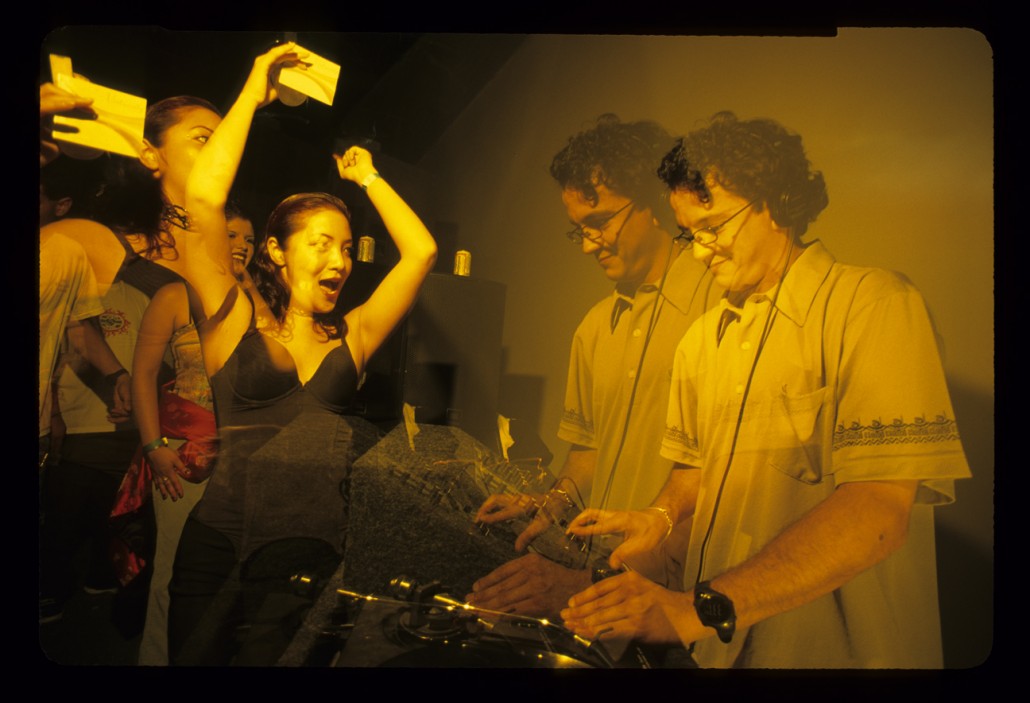
Mark Farina and a happy fan, from a fantastic chapter in dance music history.


